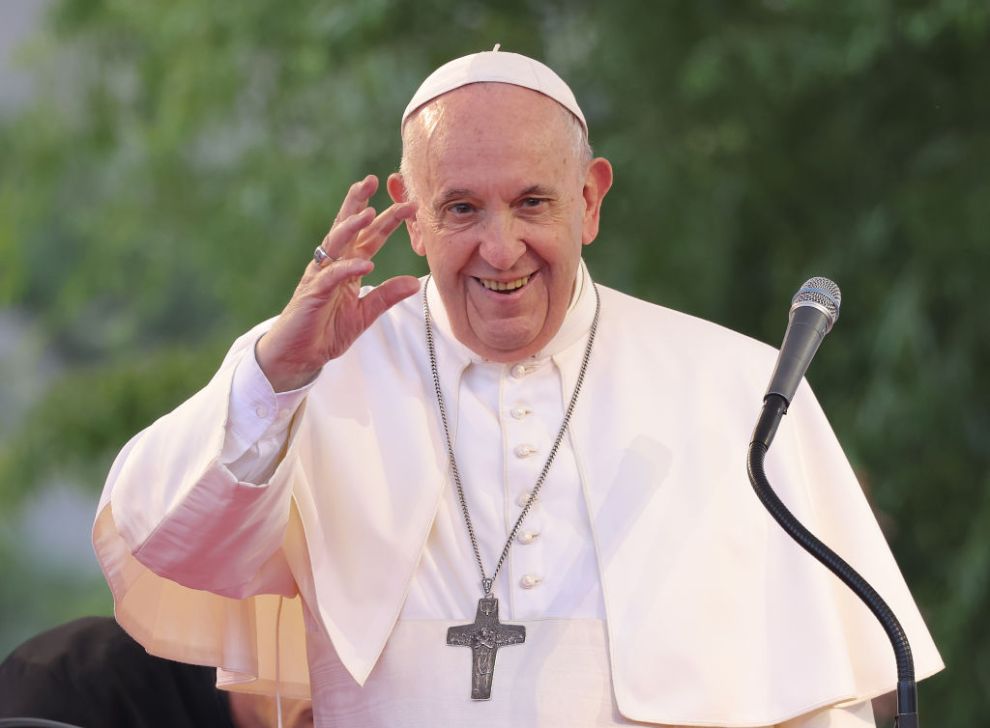Pope Francis, the first Latin American and Jesuit pope, died on Easter Monday, April 21, 2025, at the age of 88. He passed away at 7:35 a.m. local time in his residence at the Domus Sanctae Marthae in Vatican City. Cardinal Kevin Farrell, Camerlengo of the Holy Roman Church, announced his death in a televised statement from the chapel of the papal residence.
“Anuncio con profundo dolor la muerte de nuestro Santo Padre,” said Cardinal Farrell. “Toda su vida estuvo dedicada al servicio del Señor y de su Iglesia.”
Pope Francis had been battling health issues, including a recent hospitalization for double pneumonia. Despite his illness, he made a final public appearance on Easter Sunday, offering the traditional Urbi et Orbi blessing to thousands gathered in St. Peter’s Square.
Pope Franics Legacy of Humility and Advocacy
Born Jorge Mario Bergoglio in Buenos Aires, Argentina, Pope Francis was elected in 2013 as the 266th pontiff. He was the first non-European pope in over a millennium. His papacy was marked by efforts to modernize the Catholic Church and address contemporary global issues.
Pope Francis was known for his humility and commitment to social justice. He often spoke out on behalf of the poor, refugees, and the environment. His encyclical Laudato Si’ called for urgent action on climate change.
“He taught us to live the values of the Gospel with fidelity, courage, and universal love,” said Cardinal Farrell.
However, his tenure was not without criticism. Some felt his reforms on clergy abuse and women’s roles in the Church did not go far enough.
Global Tributes and Mourning
World leaders and religious figures expressed their condolences. U.S. President Joe Biden stated, “Pope Francis was a beacon of hope and compassion.” Former President Barack Obama praised his “moral clarity and humility.”
European Commission President Ursula von der Leyen described him as “a humble leader who touched hearts beyond religious lines.” UN Secretary-General António Guterres highlighted his “unwavering support for peace and human dignity.”
In Argentina, citizens gathered in churches and public squares to honor their native son. President Javier Milei declared a national day of mourning.
Funeral Arrangements and Succession
The Vatican has begun preparations for Pope Francis’s funeral. His body will lie in state at St. Peter’s Basilica for public viewing. A conclave to elect his successor is expected to convene between May 6 and May 11, 2025.
Pope Francis leaves behind a complex legacy of compassion, reform, and a call for the Church to engage with the modern world. His impact will be felt for generations to come.

